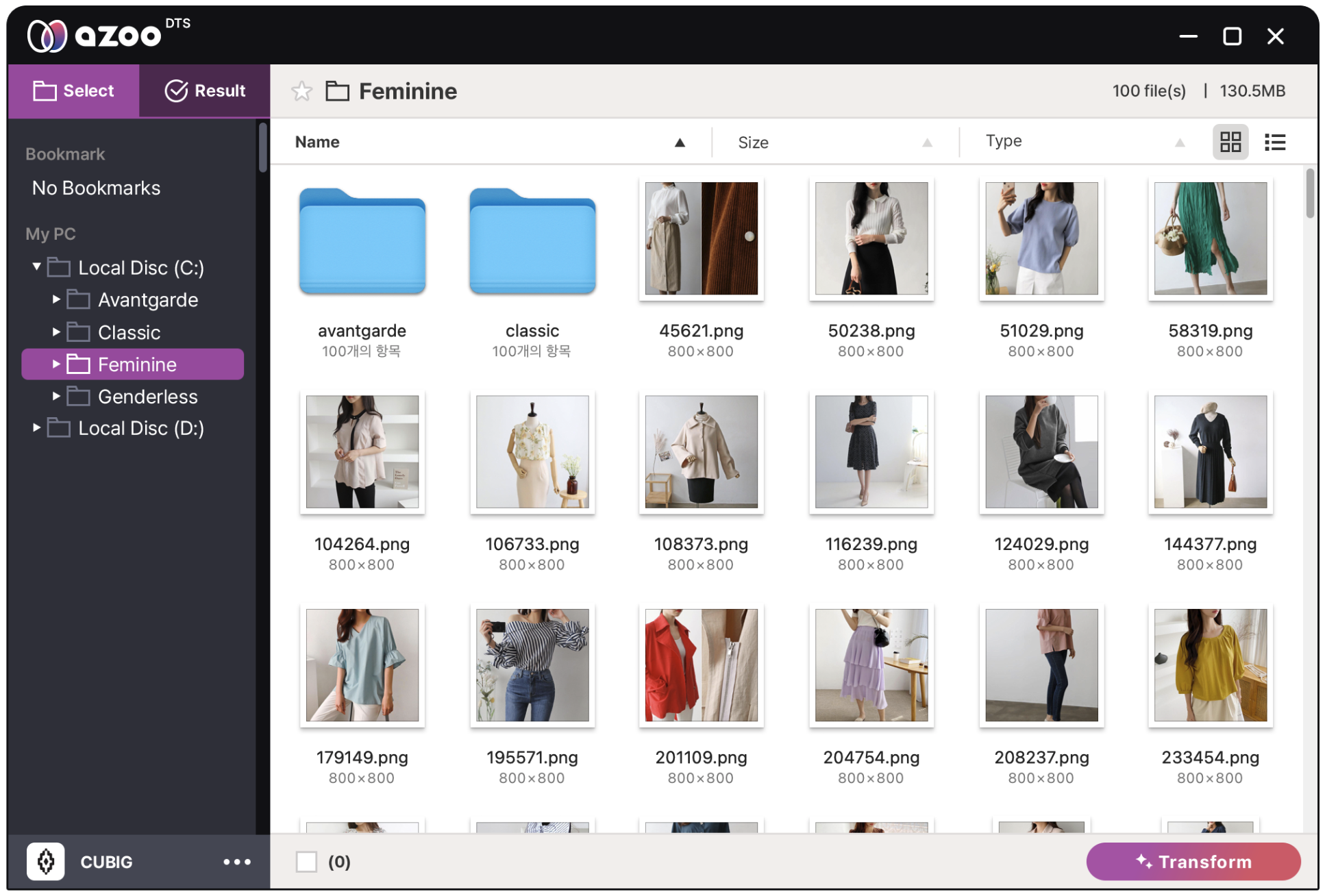Understanding Robust Privacy with Differential Privacy (DP) and Data Transformation Systems (DTS) – 7/25

What is Differential Privacy (DP)?
Differential Privacy (DP) is a powerful technique designed to protect individual privacy within datasets. By introducing controlled randomness (or noise) into the data, DP ensures that the inclusion or exclusion of a single data point does not significantly alter the results of any analysis. This makes it extremely difficult to identify any specific individual’s data within the dataset.
Why is Differential Privacy Important?
In our data-centric world, the ability to analyze large datasets is crucial for advancements in various fields such as healthcare, finance, and technology. However, this often involves handling sensitive personal information, which raises significant privacy concerns. Traditional anonymization methods are not always sufficient, as they can sometimes be reverse-engineered to re-identify individuals. DP addresses these issues by providing a mathematical guarantee of privacy, allowing for the safe and ethical use of data.
Key Concepts of Differential Privacy
Mathematical Definition:
The formal definition of DP involves a mechanism M applied to two datasets D1 and D2 that differ by only one element. The mechanism M produces outputs that satisfy the following condition:
Here, O represents any possible output, and ϵ (epsilon) is a parameter that controls the level of privacy.
Adding Noise: DP works by adding noise to the data in a controlled manner. This noise masks the presence or absence of any single data point, making it impossible to infer individual information from the dataset. The amount and type of noise added are carefully calibrated to balance privacy with data utility.
Balancing Privacy and Utility: The parameter ϵϵ determines the balance between privacy and utility. Smaller values of ϵϵ offer greater privacy but at the cost of reduced data accuracy (similarity). Finding the right balance is essential for practical applications, ensuring that data remains useful while protecting individual privacy. At CUBIG, we are continually researching and enhancing technologies to maintain high privacy levels while ensuring strong data similarity (common pattern of data), thus providing effective solutions that meet both privacy and utility needs.
Role of Data Transformation Systems (DTS) in Differential Privacy
CUBIG’s DTS: CUBIG’s Data Transformation System (DTS) leverages DP to create synthetic datasets that retain the statistical properties of the original data while ensuring privacy. Here are some key features of CUBIG’s DTS:
1. Direct Local Production:
- Allows companies to generate differentially privacy-protected synthetic data locally on their own servers, ensuring sensitive data never leaves the organization’s environment for enhanced security.
2. API Integration:
- Offers an API that integrates seamlessly with existing systems, enabling automated synthetic data generation, making it easier to adopt private data practices without significant changes to current workflows.
3. Security and Privacy:
- Utilizes CUBIG’s proprietary differential privacy technologies to create synthetic data that retains the statistical properties of the original data while preventing re-identification, thus fully protecting sensitive information.
4. User-Friendly Interface:
- Provides a graphical user interface (GUI) that allows users to generate synthetic data easily through a drag-and-drop feature, catering to users without extensive technical expertise.
5. Versatile Usage and Revenue Generation:
- Supports both private and public usage. For private use, it ensures data remains within the organization. For public use, it facilitates data sharing and revenue generation by allowing transformed data to be uploaded to marketplaces like azoo, enabling profit from private synthetic data.

Conclusion
Differential Privacy represents a significant advancement in the field of data privacy, providing a robust framework that allows for the use of sensitive data without compromising individual privacy. By integrating DP into tools like CUBIG’s DTS, organizations can generate private synthetic datasets that maintain data utility while complying with stringent privacy regulations. This approach fosters trust and supports the ethical use of data in research, analysis, and AI development, ultimately contributing to innovation and progress in a privacy-conscious manner.

 Data Market
Data Market
